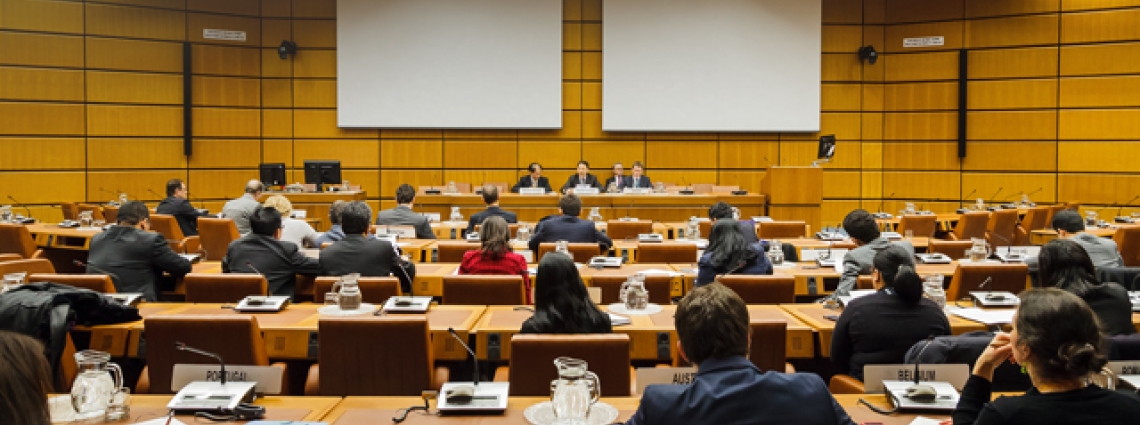Japan and Kazakhstan to spearhead efforts for banning nuclear testing
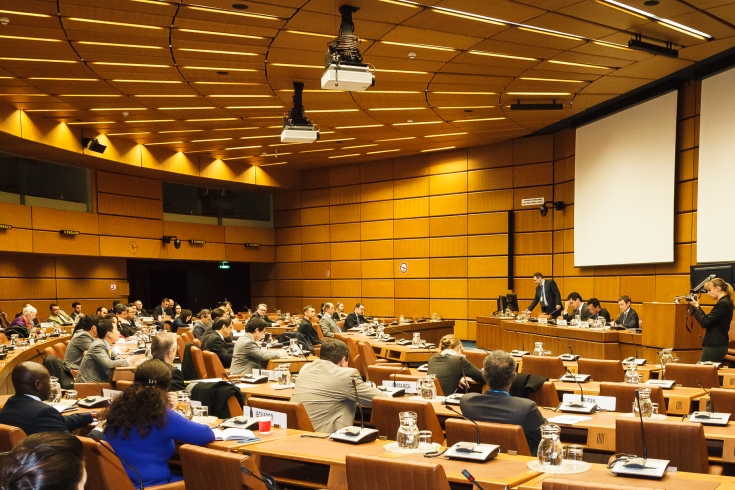
The meeting took place at the Vienna International Centre
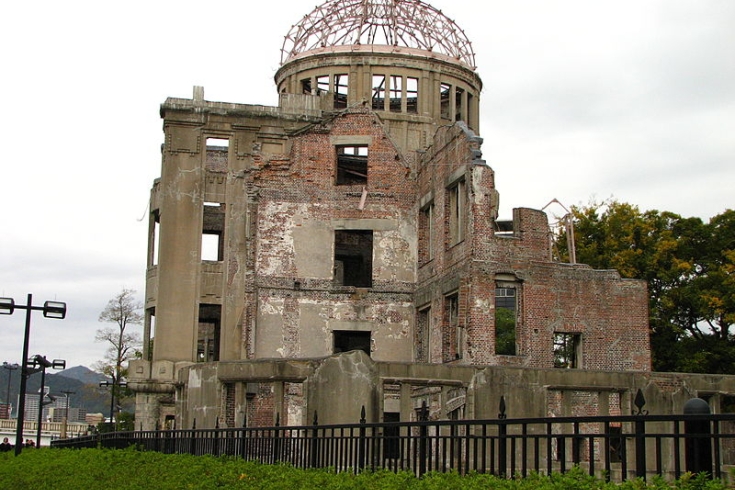
Hiroshima Peace Memorial (Genbaku Dome), the only building left standing near the bomb's epicentre.
The foreign ministers of the two countries will co-chair the next Article XIV Conference to facilitate the Treaty’s entry into force, tentatively scheduled for 29 September 2015 in New York. Japan and Kazakhstan will also coordinate international efforts towards the CTBT’s entry into force in the two-year period following the conference.
Japan and Kazakhstan take over the Article XIV Presidency from Hungary and Indonesia, whose foreign ministers chaired the Article XIV Conference in 2013.
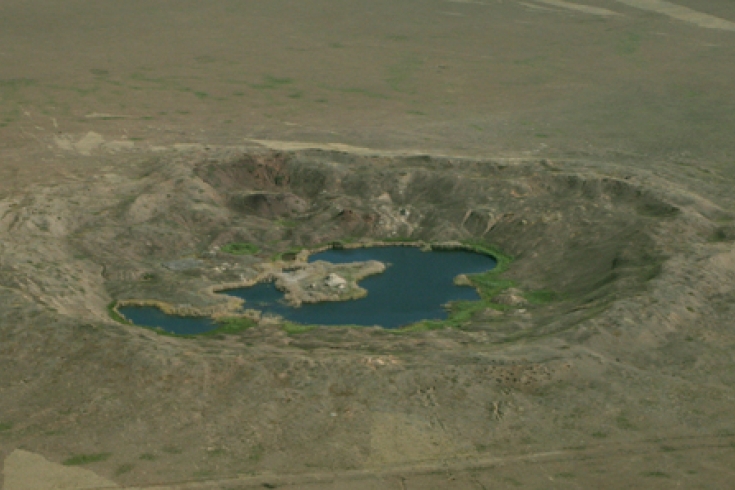
Crater at the Semipalatinsk Test Site, where the CTBTO conducted an Integrated Field Exercise in 2008.
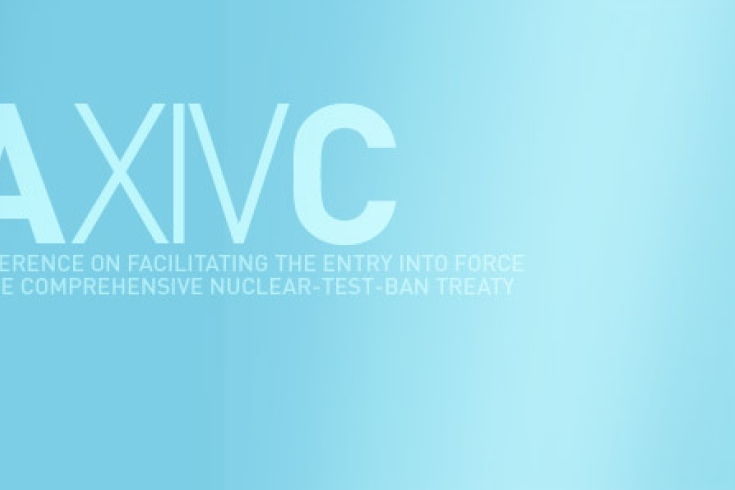
Article XIV conferences are named after the Treaty provision on entry into force. They take place every other year.
23 Feb 2015
